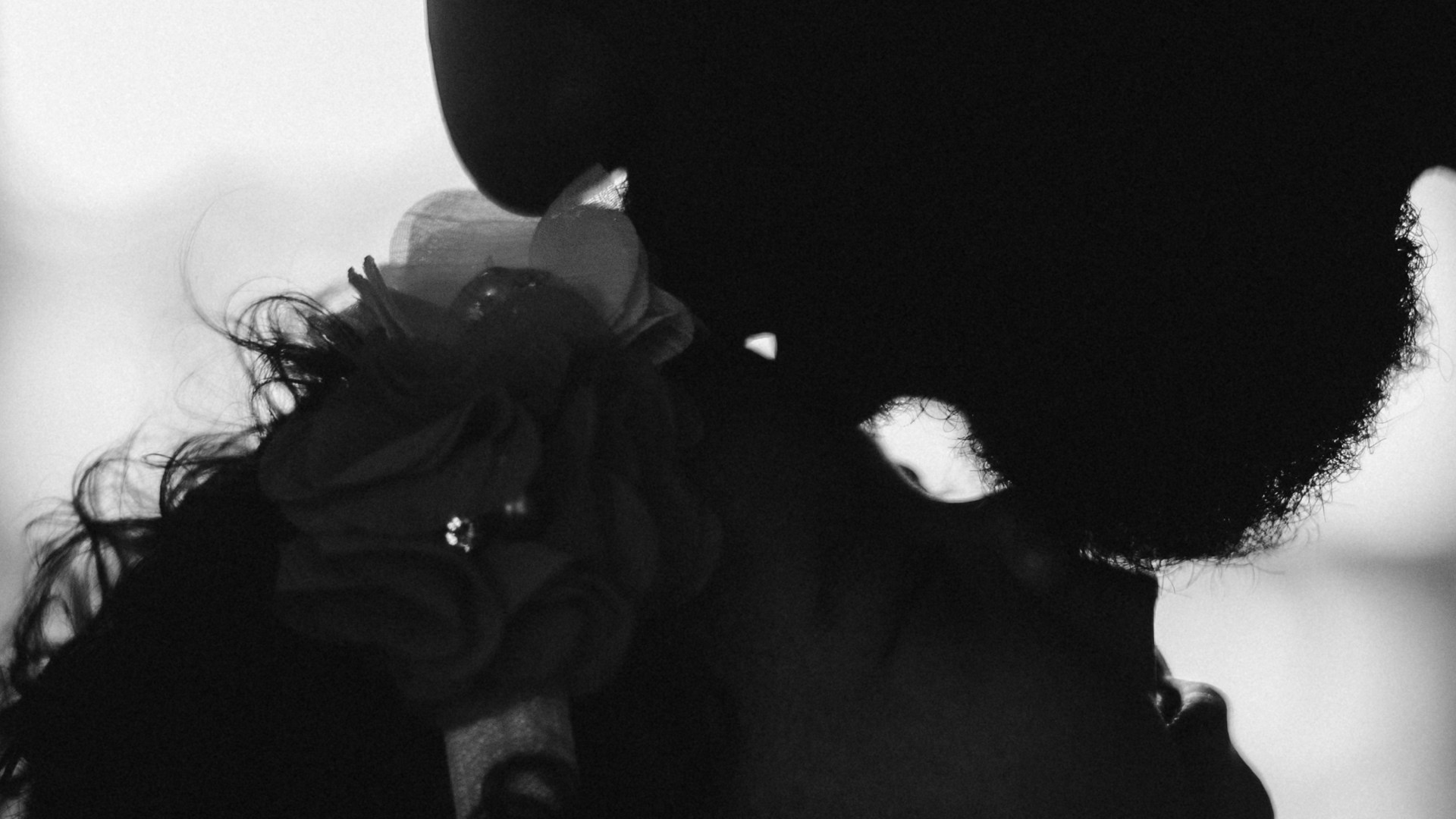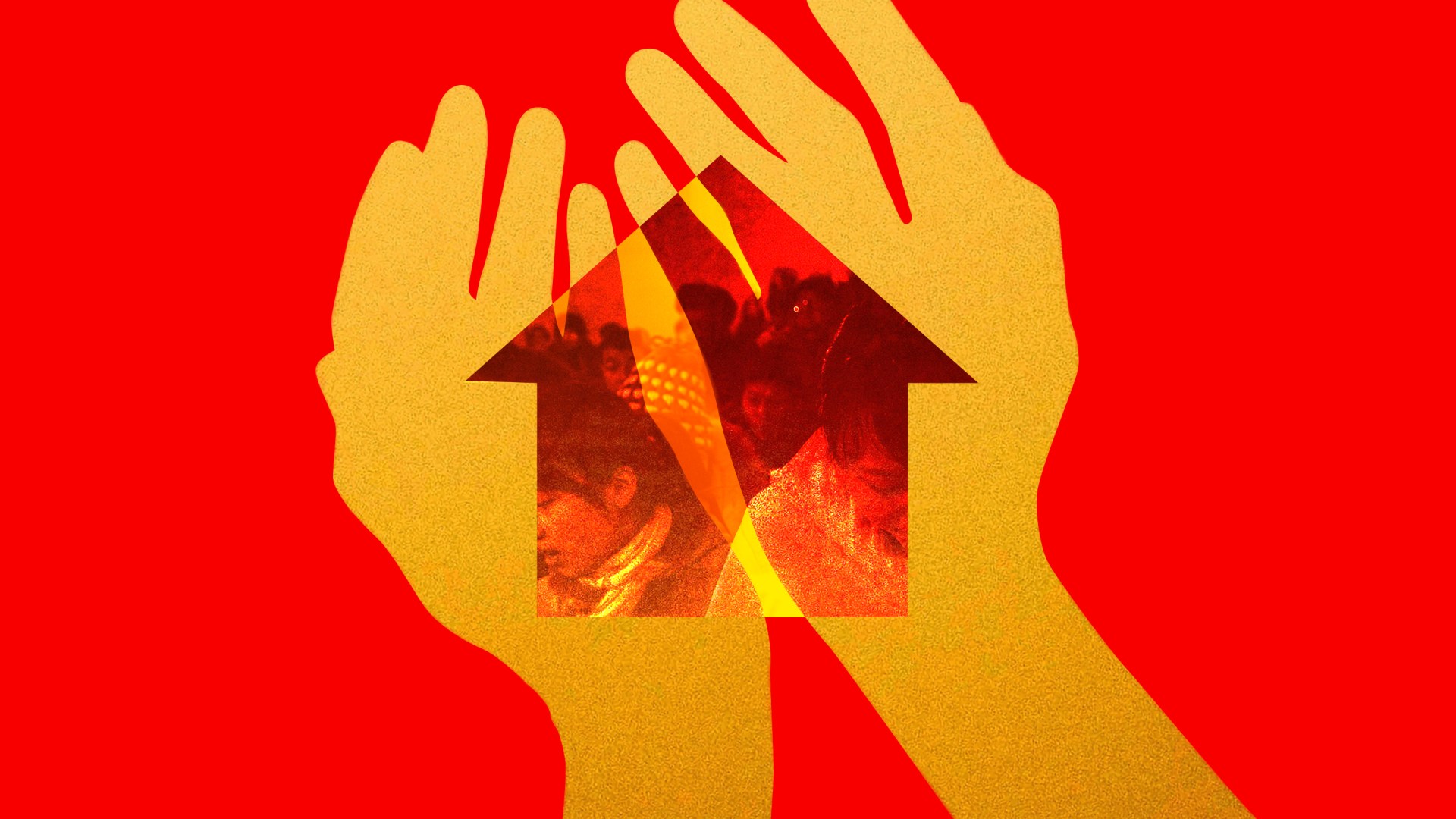Update: Robert Morris has resigned from Gateway, according to a statement released Tuesday, June 18, from its elder board.
Gateway Church did not address allegations of past abuse—or “moral failure”—by its senior pastor, Robert Morris, when it gathered to worship this weekend, just a couple days after a woman who said he molested her starting at age 12 in the 1980s shared her account online.
The Southlake, Texas–based megachurch made a last-minute change so that its executive pastor, Kemtal Glasgow, could take the stage instead of the guest speaker, Albert Tate, who was scheduled as a part of Gateway’s summer series and who was himself placed on leave last year by his church in California over inappropriate text messaging.
Glasgow, who said he was on his way to church when he got the call that he would be filling in that day, preached about patience, listening, and waiting on the Lord. His message was broadcast across Gateway’s 10 campuses, which draw around 25,000 people in-person each week. He did not mention Morris or any abuse allegations.
Morris, 62, founded Gateway in 2000, and it has grown to become one of the biggest megachurches in the US. He also has a global following, thanks to his programs broadcast on Christian TV and radio. Morris formerly served as a faith advisor to President Trump and had been an advisor for Mark Driscoll’s new church.
Nondenominational and charismatic, Gateway is one of the top producers of evangelical worship music. Singer Kari Jobe served as its previous worship leader, and Gateway Worship music was streamed over 300 million times last year alone. On Sunday, the congregation opened with one of its own hits, singing “Praise the Lord.”
Southlake’s campus pastor, Lorena Valle, also did not bring up the scandal when she spoke to the congregation. A recording of Sunday’s service was posted on the church’s YouTube channel. Comments were disabled.
Gateway did acknowledge the accusations in a statement to media including The Christian Post, saying the church had known of the allegations. Elders wrote that Morris had “been open and forthright about a moral failure he had over 35 years ago when he was in his twenties and prior to him starting Gateway Church.”
The statement came after an Oklahoma woman, Cindy Clemishire, shared her story on The Wartburg Watch on Friday. She told the blog that Morris stayed with her family in Tulsa while working as a youth evangelist and preacher in his early 20s and that he invited her into his room and touched her under her clothing and underwear when she was 12.
Clemishire said that the behavior continued over a four-year span and escalated to an attempt to have intercourse in his car when she was 16. Morris was married at the time and had a child.
In a statement to The Christian Post, Morris said, “When I was in my early twenties, I was involved in inappropriate sexual behavior with a young lady in a home where I was staying. It was kissing and petting and not intercourse, but it was wrong. This behavior happened on several occasions over the next few years.”
According to Morris, he confessed and repented in 1987, when he was on staff at Shady Grove Church, which later became part of Gateway. Gateway stated that Morris had been subject to a two-year restoration process, including “professional counseling and freedom ministry counseling,” and that since implementing accountability measures, there have been “no other moral failures” in his life.
Clemishire said her father was angry at Morris when she told him about the situation and that he demanded the young pastor get out of ministry. According to her story in The Wartburg Watch, she said she later sought a settlement in 2005 to help cover counseling costs but refused the offer from Morris’s attorney since it included an NDA.
A former pastor at Gateway spoke out on X to urge the church to look beyond Morris’s alleged behavior to the bigger pattern of abuse by Christian leaders.
“The cycle is one that is a much bigger picture than just ‘moral failures’ and the debate about ‘restoration.’ It is a cycle of out of control power dynamics, and manipulation,” wrote Bob Hamp, a licensed therapist who served as the executive pastor of pastoral care at Gateway over a decade ago. “It is a cycle about belief systems in the church and the culture which set us up to support abusive people.”
Morris hasn’t shared a response with his congregation or on social media; he hasn’t posted since Clemishire’s story was published. CT has reached out to both Gateway and Morris for further comment.
The Fort Worth-area megachurch has not indicated that Morris will be subject to additional review or discipline as a result of Clemishire’s disclosure. Elders believed “the matter has been properly disclosed to church leadership” and referred to it as resolved.
The allegations are similar to recent accusations against Mike Bickle, founder of International House of Prayer Kansas City. Earlier this year, a woman came forward with allegations that Bickle began to abuse her in the 1980s when she was 14. The ministry cut ties with Bickle in late 2023 and has since closed.
In many places, the statute of limitations prevents criminal cases from going forward when victims disclose decades-old abuse, but more states—like Louisiana and Washington—are amending laws to allow civil suits from victims of child abuse.
Experts say victims of sexual abuse often take the guilt upon themselves and cannot see themselves as victims until years later. Young women and girls have historically risked being blamed for tempting ministers; Clemishire says she was “forgiven” by Morris’s wife after the story came to light.
Children cannot consent to sexual activity, however. And there’s a further power dynamic when clergy are involved. More experts view the relationships that were once deemed “affairs” as nonconsensual and abusive.
The way we talk about abuse by pastors is significant, according to Hamp, the former Gateway pastor.
“Take these three dynamics: the special leader, the mishandling of sin, and the minimizing labels laden with inaccurate implication, and the entire culture will fight about who was wrong and who should be forgiven and in doing will leave the dangerous dynamics in place. And it will happen again. And it will happen again. And it will happen again,” he said.
“Paul makes it clear that predators should be put out of the church. He does not distinguish which ones should and should not be based on position or popularity.”











































